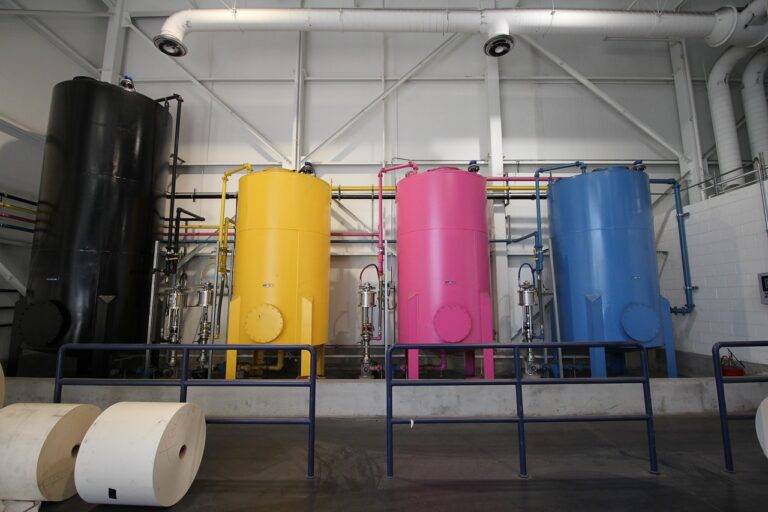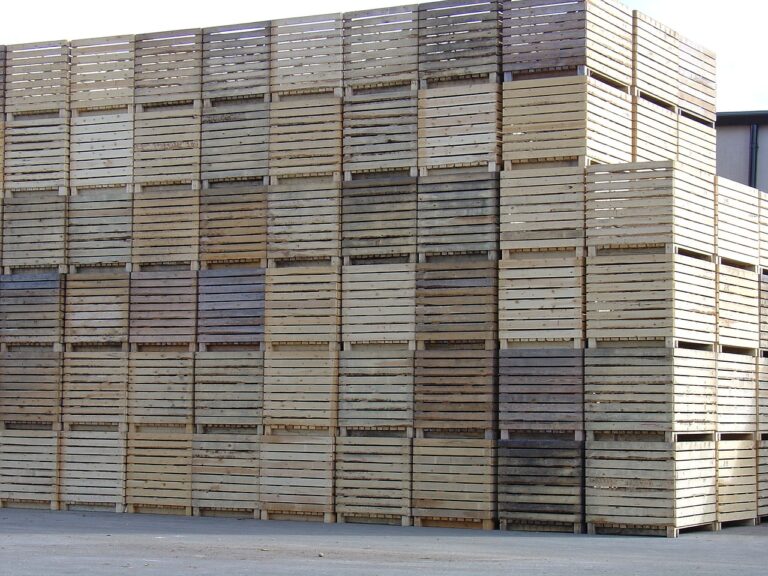Enhancing Urban Resilience with Adaptive Farm Equipment Solutions: Betbhai.com exchange, Play99 exchange, Gold365 registration
betbhai.com exchange, play99 exchange, gold365 registration: Urban resilience is a critical factor in ensuring the sustainability and wellbeing of cities in the face of climate change, natural disasters, and other challenges. One key aspect of enhancing urban resilience is the integration of adaptive farm equipment solutions into urban agriculture practices.
Urban agriculture is gaining increasing popularity as a means to address food security, promote local economies, and create green spaces in cities. However, urban farmers face unique challenges such as limited space, access to resources, and the need for sustainable practices. Adaptive farm equipment solutions offer a way to overcome these challenges and enhance the resilience of urban agriculture systems.
Adaptive farm equipment solutions include technologies and tools that are specifically designed for urban farming environments. These solutions are versatile, efficient, and environmentally friendly, making them ideal for small-scale urban agriculture operations. By integrating adaptive farm equipment solutions into urban farming practices, cities can increase productivity, reduce costs, and improve the overall resilience of their food systems.
One example of adaptive farm equipment solutions is the use of vertical farming systems. Vertical farming allows farmers to grow crops in stacked layers, maximizing the use of limited space in urban environments. This not only increases the yield of crops but also reduces water usage and energy consumption. Additionally, vertical farming systems can be automated and controlled remotely, allowing for more precise monitoring and management of crop growth.
Another example of adaptive farm equipment solutions is the use of aquaponics systems. Aquaponics combines aquaculture (fish farming) with hydroponics (growing plants in water) to create a symbiotic system where fish waste provides nutrients for plants, and plants filter water for fish. This integrated approach not only maximizes resource efficiency but also reduces the need for chemical fertilizers and pesticides, leading to a more sustainable and resilient urban agriculture system.
Other adaptive farm equipment solutions include robotic systems for planting and harvesting crops, sensor technologies for monitoring soil health and crop conditions, and precision irrigation systems that reduce water waste. By adopting these technologies and tools, urban farmers can increase their productivity, reduce environmental impact, and adapt to changing climate conditions more effectively.
In conclusion, enhancing urban resilience with adaptive farm equipment solutions is crucial for building sustainable and thriving cities. By integrating innovative technologies and tools into urban agriculture practices, cities can increase food security, promote local economies, and create healthier and greener urban environments. It is essential for policymakers, urban planners, and farmers to work together to support the adoption of adaptive farm equipment solutions and ensure the resilience of urban agriculture systems.
—
FAQs:
Q: How can adaptive farm equipment solutions benefit urban farmers?
A: Adaptive farm equipment solutions can benefit urban farmers by increasing productivity, reducing costs, improving resource efficiency, and enhancing the overall resilience of urban agriculture systems.
Q: Are adaptive farm equipment solutions sustainable?
A: Yes, adaptive farm equipment solutions are designed to be environmentally friendly, resource-efficient, and sustainable, making them ideal for urban agriculture practices.
Q: How can policymakers support the adoption of adaptive farm equipment solutions in cities?
A: Policymakers can support the adoption of adaptive farm equipment solutions by providing incentives, funding research and development, and creating policies that promote the use of innovative technologies in urban agriculture.







